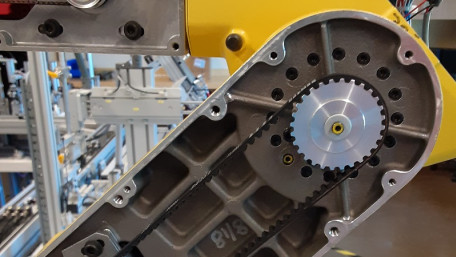
Across every make and model of articulated robot, certain maintenance procedures must be followed as motion occurs. Failure to do so can often result in…
Across every make and model of articulated robot, certain maintenance procedures must be followed as motion occurs. Failure to do so can often result in warnings, alarms, and even failure.
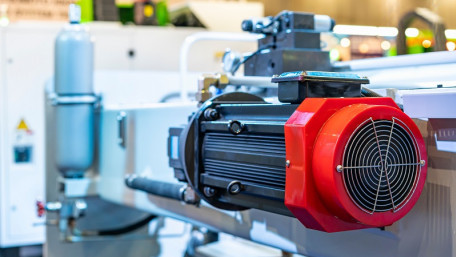
Many online sources explain how to reverse a 3-phase motor; this article will discuss the electrical principles that…
Many online sources explain how to reverse a 3-phase motor; this article will discuss the electrical principles that define why it works and how the phase relationships determine the rotation direction.
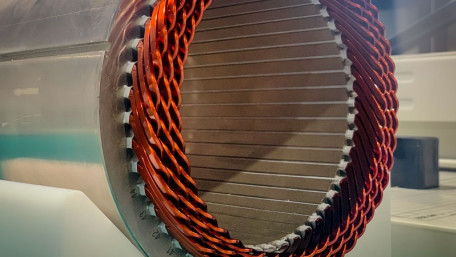
Hairpin motors are becoming popular with electric vehicle manufacturers, but what sets them apart from traditional…
Hairpin motors are becoming popular with electric vehicle manufacturers, but what sets them apart from traditional electric motors? And, if they are so great, why not use them in all applications?
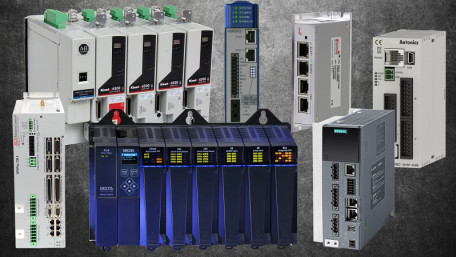
Building precise rotating or linear systems often costs a lot! When is it justified to spend the extra cost to design and…
Building precise rotating or linear systems often costs a lot! When is it justified to spend the extra cost to design and build such a system, and what are the different components and system types?
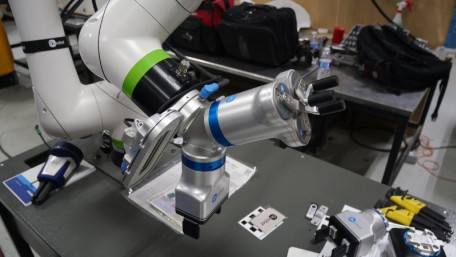
Join Control Automation as we visit Central CA colleges to help install robotic equipment and learn how local industries…
Join Control Automation as we visit Central CA colleges to help install robotic equipment and learn how local industries partner with schools to create exciting opportunities for students.

An age-old debate in PLC programming: investigating the uses and caveats of latching software commands versus seal-in…
An age-old debate in PLC programming: investigating the uses and caveats of latching software commands versus seal-in ladder logic for industrial control applications.
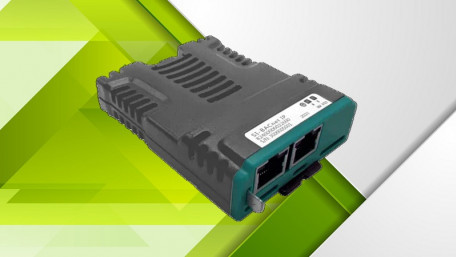
Nidec’s Control Techniques has launched the SI-BACnet IP add-on module for new and existing HVAC drives to help…
Nidec’s Control Techniques has launched the SI-BACnet IP add-on module for new and existing HVAC drives to help communicate between devices and create a connected automated building.

It's important to keep your system up and running without regular intervention. While every system requires maintenance,…
It's important to keep your system up and running without regular intervention. While every system requires maintenance, never overlook the critical importance of tools and training for the operators.
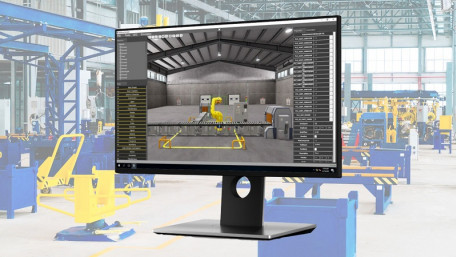
When setting up a system for the first time, the process can seem complex and daunting. However, there are tools…
When setting up a system for the first time, the process can seem complex and daunting. However, there are tools available to make the job much easier before commissioning.
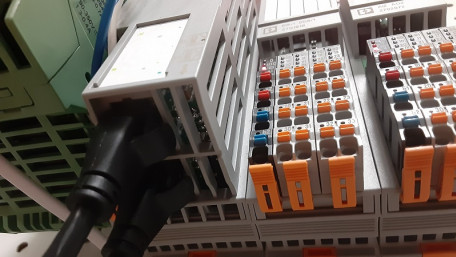
Every automated cell requires a ‘brain’ in order to achieve the required tasks. How do you determine the necessary…
Every automated cell requires a ‘brain’ in order to achieve the required tasks. How do you determine the necessary I/O, communication protocols, and processor necessary for controlling your system?
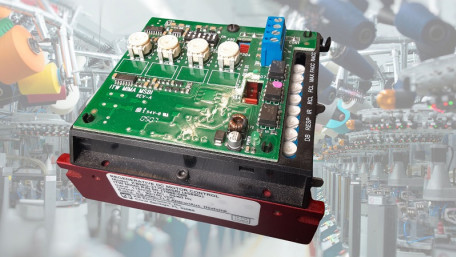
Although DC motor technology has a strong legacy, control strategies vary from simple to complex. Designs must consider…
Although DC motor technology has a strong legacy, control strategies vary from simple to complex. Designs must consider not just the motor, but also the electrical supply and the environment.
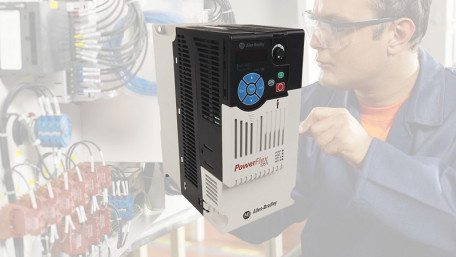
Parameters control the operation and command sources for VFDs. The PowerFlex series from Rockwell Automation is no…
Parameters control the operation and command sources for VFDs. The PowerFlex series from Rockwell Automation is no exception. Learn how to adjust the parameters for networking and IP configuration.
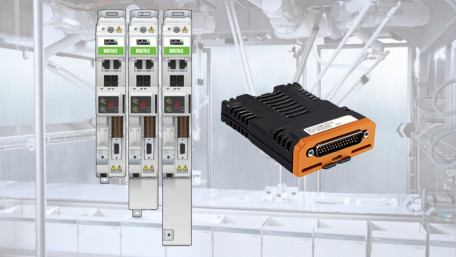
Expanding motor drives with I/O is a cost-effective way of increasing local control without burdening the control system.…
Expanding motor drives with I/O is a cost-effective way of increasing local control without burdening the control system. Control Technique’s new SI-I/O 24 Plus expands I/O right on the drive unit.
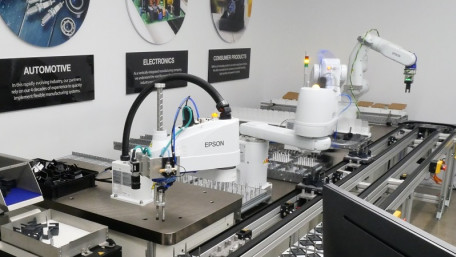
Recently, the Control.com engineering team had the opportunity to visit the R&D demo lab facility for the robotics…
Recently, the Control.com engineering team had the opportunity to visit the R&D demo lab facility for the robotics division of Epson, located in Los Alamitos, CA. Come learn how the magic happens!
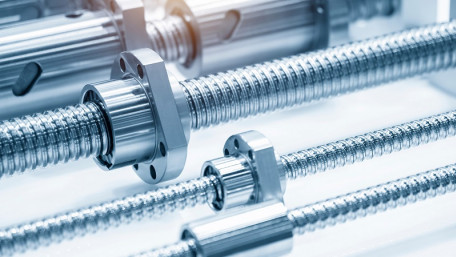
Electrical control holds many advantages over fluid power with precise control, feedback, and a lower-maintenance system.…
Electrical control holds many advantages over fluid power with precise control, feedback, and a lower-maintenance system. But how do electric actuators work, and how do they stack up against fluids?
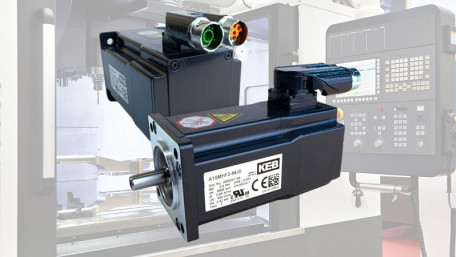
Learn how to control servo motors from a PLC using Allen-Bradley servos and Rockwell Automation’s Studio 5000 using a…
Learn how to control servo motors from a PLC using Allen-Bradley servos and Rockwell Automation’s Studio 5000 using a simple-to-understand method.
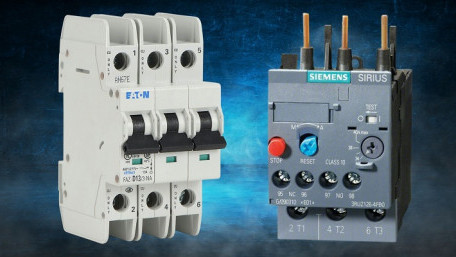
We know what a circuit breaker is meant to do: stop the flow of electricity in case of a fault or failure. But just like…
We know what a circuit breaker is meant to do: stop the flow of electricity in case of a fault or failure. But just like fuses, breakers and overloads respond differently depending on the load.
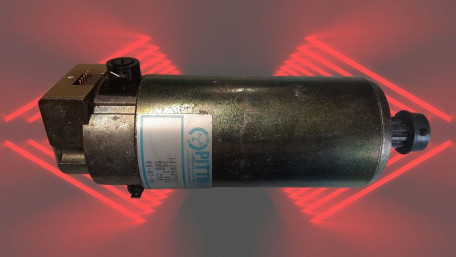
Servo motors are common in all kinds of motion control applications for various industries, but what are these devices,…
Servo motors are common in all kinds of motion control applications for various industries, but what are these devices, and what makes them different from standard AC or DC motors?
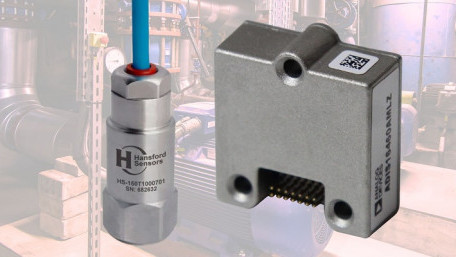
Many sensors, like prox, optical, and ultrasonic, are familiar to control engineers. More and more modern devices are…
Many sensors, like prox, optical, and ultrasonic, are familiar to control engineers. More and more modern devices are incorporating advanced motion profiles requiring motion sensing in many axes.
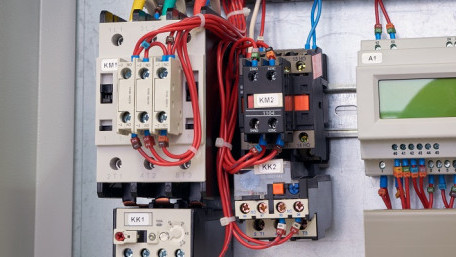
This article investigates the basic components and wiring conventions for common three-phase motor starter…
This article investigates the basic components and wiring conventions for common three-phase motor starter configurations, including direct online, reversing, and star-delta.
